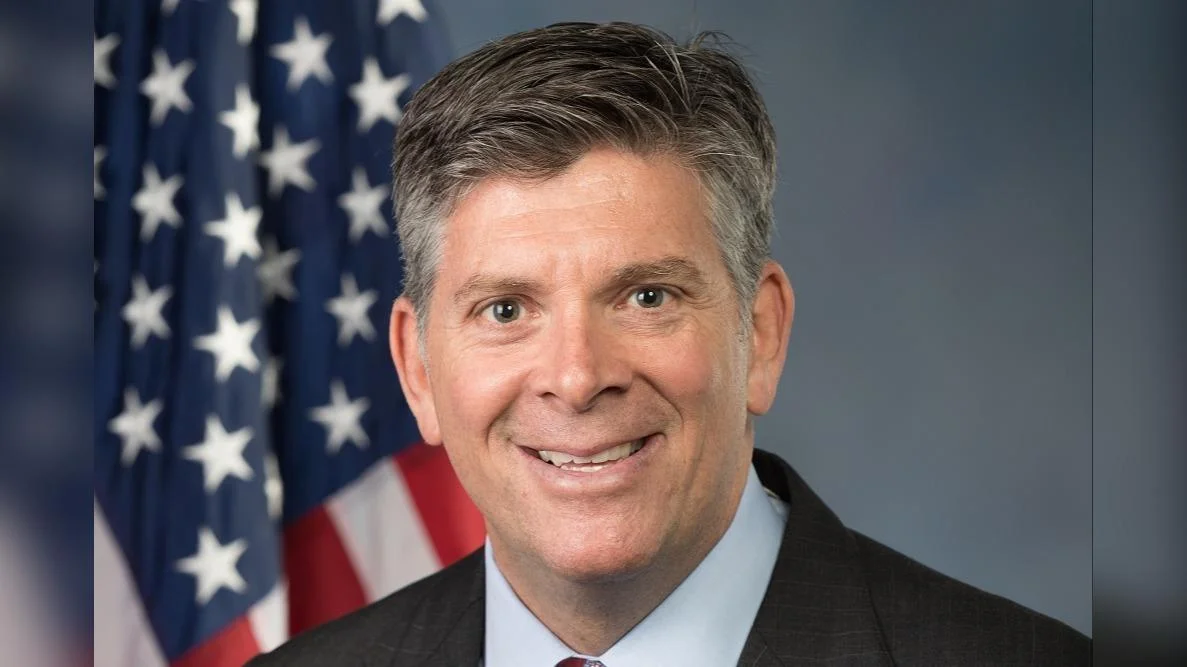Darin LaHood, U.S. Representative of Illinois's 16th congressional district | Official Website
Darin LaHood, U.S. Representative of Illinois's 16th congressional district | Official Website
Today, Congressman Darin LaHood (IL-16), a member of the Select Committee on China, and Ranking Member Raja Krishnamoorthi (IL-08) introduced the Combating PRC Overseas and Unlawful Networked Threats through Enhanced Resilience (COUNTER) Act of 2025. This bipartisan legislation aims to develop a comprehensive strategy to counter the Chinese Communist Party’s (CCP) growing military basing network.
“The Chinese Communist Party’s pursuit of expanding overseas military bases threatens the United States’ national security and stability in the Indo-Pacific,” said Rep. LaHood. “It is critical that we have a clearly defined and coordinated strategy to combat the CCP’s goal of expanding strategic military bases overseas to project power and increase its global influence. The bipartisan COUNTER Act will help ensure that we have the necessary resources to counter the CCP’s global basing activities and protect our interests and those throughout the region.”
“The Chinese Communist Party is quietly building a network of overseas military bases that threatens our ability to defend our allies, secure vital trade routes, and maintain American influence globally,” said Ranking Member Krishnamoorthi. “We cannot afford to be caught flat-footed. The COUNTER Act demands a coordinated, whole-of-government response to stop Beijing’s basing ambitions before they irreversibly harm U.S. interests.”
In recent years, the CCP has expanded its global military footprint by opening facilities in the Indo-Pacific. This network allows for surveillance and disruption of U.S. operations while undermining American influence.
The COUNTER ACT of 2025 requires:
- The Director of National Intelligence to assess risks posed by CCP's global basing.
- Secretaries of State and Defense to identify priority locations where CCP seeks bases.
- Creation of an interagency task force for strategy implementation.
- Regular reviews to align U.S. responses with evolving threats.




 Alerts Sign-up
Alerts Sign-up